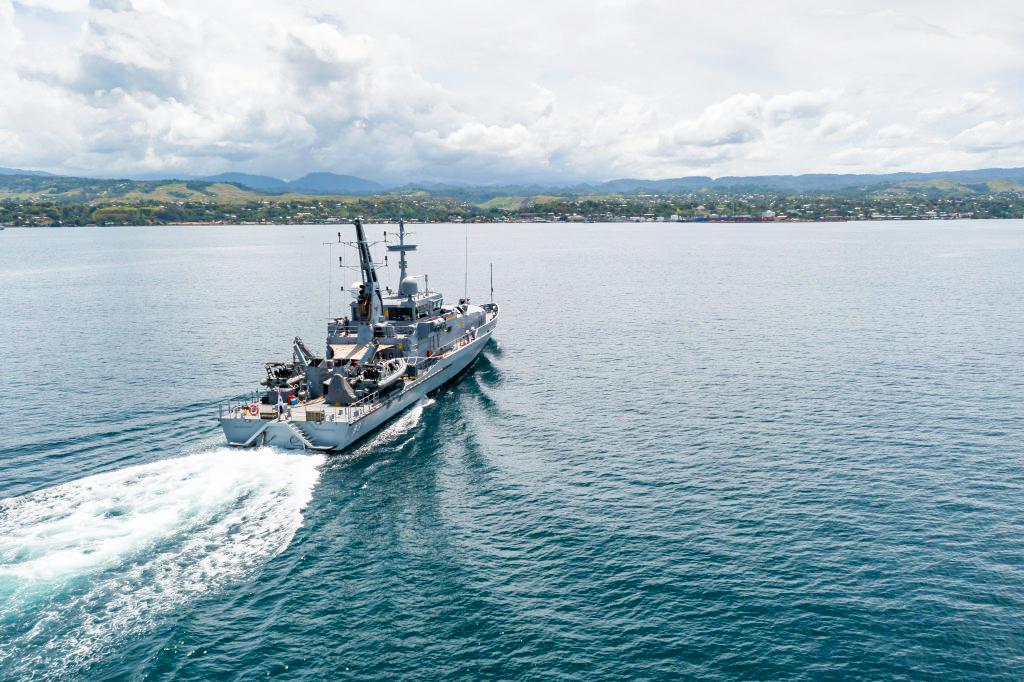A Chinese state-owned firm is investigating the purchase of a deep water port and a World War II-era airstrip in the Solomon Islands, according to new documents obtained by the Australian Broadcasting Corp.
The China Forestry Group Corp., under the direct control of Beijing, is scoping out sites for acquisition, including a forestry plantation on the circle-shaped island of Kolombangara—the site of extensive fighting between the Allies and Imperial Japan during World War II.





